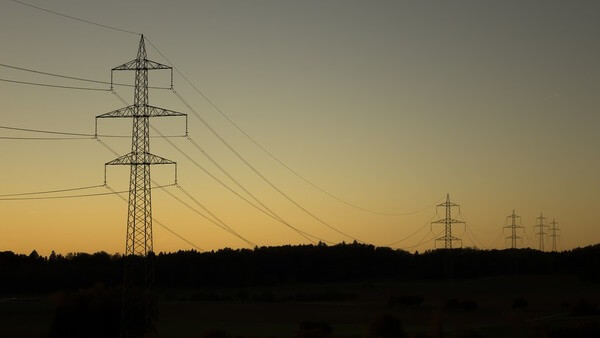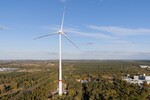News Release from windfair.net
Wind Industry Profile of
European Commission Approves E.ON/RWE Deal Despite Criticism
Commissioner Margrethe Vestager, in charge of competition policy, said: “It is important that all Europeans and businesses can buy electricity and natural gas at competitive prices. Today, we can approve the acquisition of Innogy by E.ON because the commitments offered by E.ON will ensure that the merger will not lead to less choice and higher prices in the countries where these companies operate.”
The two companies are engaged in a complex asset swap. Following this asset swap, E.ON will focus on the distribution and retail supply of electricity and natural gas, whereas RWE will be primarily active in upstream electricity generation and wholesale markets.
E.ON CEO Johannes Teyssen sees the integration of Innogy as a strengthening of the performance of his company in the interests of customers, partners, employees and shareholders: "We are combining our strengths with those of Innogy to create a company that uses intelligent grids to bring more and more green electricity to people, companies and communities and to link them together. A company that develops innovative and attractive products and services for more than 50 million customers in 15 countries, that offers more than 70,000 employees secure jobs for the future and that will open up attractive value and growth prospects for shareholders."
Concerns came mainly from Germany in the run-up to the merger. There are fears of a new electricity monopolist. In the course of a several-month review, however, the Commission rejected these concerns as unfounded, as the German market was already highly fragmented. The offerings were large enough and the market was constantly changing. The merger would not create any competitive pressure.
The critics, however, take a different view. Robert Busch of the Bundesverband Neue Energiewirtschaft (bne) stated: "A company of this size, which simultaneously combines sales and network operation, is a danger to competition in the energy market. This merger threatens the energy transition as a whole, because it jeopardizes climate-friendly energy transition solutions from competitors."
There's fear of a kind of 'Energy Google', owning the largest part of the grid and thus securing competition-free financing from this monopoly part. In fact, the new E.ON Group will become Germany's largest electricity supplier at the beginning of next year and achieve a market share of over 70 percent in its own supply sector.

Caesura for the German energy market? (Picture: Pixabay)
No wonder the competitors are also showing little enthusiasm for the merger. Green electricity supplier Lichtblick had already expressed concerns to the Commission in advance of the review and now sees their fears confirmed: "The merger of the two by far largest German energy companies is a further turning point for the German energy market. Competition and innovation will fall by the wayside - consumers and Germany as an industrial location will have to pay the price overall", said Gero Lücking, Managing Director of LichtBlick. "There's never been such a concentration of power in the German energy market before. The EU's decision to impose conditions on the German market seems downright ridiculous. It is far too short-sighted and cannot be a corrective for the resulting competitive disadvantages. E.ON will be stronger than ever".
According to bne, the German government isn't entirely innocent of this development, as it did'nt sufficiently unbundle the energy markets after they were liberalized. If an energy supplier is also a network operator - as will be the case with E.ON after the merger - it has the theoretical option of routing its energy through the grids more cheaply or even free of charge and thereby harming its competitors. Therefore, the unbundling regulations should take effect at this point, with the aim of preventing discrimination, cross-subsidisation and other distortions of competition and thus creating a level playing field for all market participants, as described by Verivox.
The bne sees it as the government's future duty to strengthen the principles of unbundling again in new legislative projects and in regulation by the Federal Network Agency. If this will be successful, there is hope that the merger will result in a large, professionally managed network that can set the standard for efficient network operation. Should regulation weaken, however, in the worst case an overpowering company would develop dominating the market and thus prevent competition, according to bne - the very 'Energy Google'.
In this respect, it's now up to the German market participants to stand up to E.ON with attractive offers.
- Author:
- Katrin Radtke
- Email:
- press@windfair.net
- Keywords:
- E.ON, RWE, innogy, grid, operator, energy company, Germany, market, EU, merger, concentration, monopoly, government

























